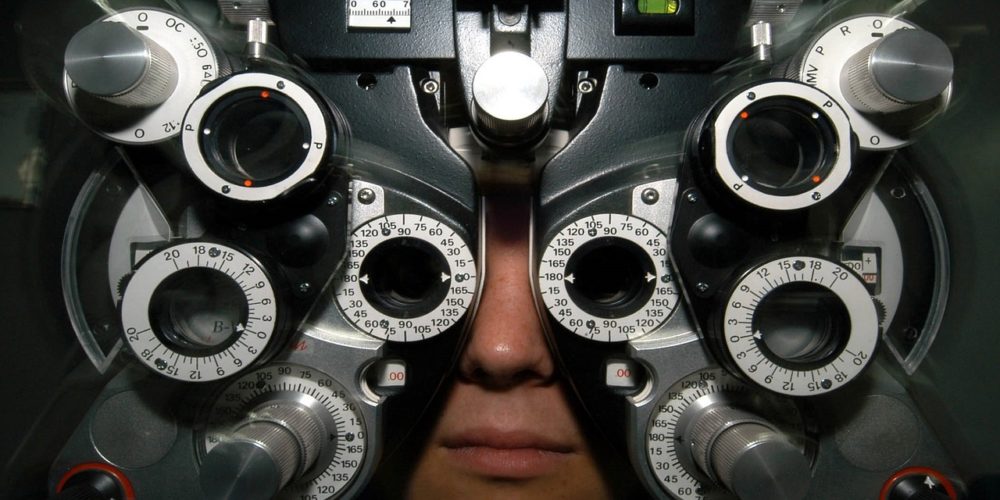The fallacy of grading humans

There are numbers attached to every human being, numbers that follow us around all our lives. These numbers – our exam grades, our performance appraisal results, our bank balances – purport to measure our achievements. But do they?
Yuval Noah Harari is the author of the moment. This mild-mannered professor of history has become a publishing phenomenon. I wrote about his first book, Sapiens, on this page a while back. Recently I cracked open the equally provocative sequel, Homo Deus, and came across this very perceptive observation.
When did we decide that schoolchildren need to be measured? The professor points out that this is a relatively recent development in human history. Hunter-gatherers did not get marks for their achievements; they simply got on with the work of survival, and their survival was the achievement. A committee did not sit down to give marks to every member of the community, and certainly not to the children.
Later on, learning was transmitted by the method of apprenticeship. But a medieval cobbler’s apprentice was not given marks on how well he did on shoelaces as opposed to buckles. And in the early universities, you either left with a degree or you did not. There was no precise marking by subject.
It is only after the industrial revolution that the language of numbers was applied to humans. Factories started measuring inputs and outputs more precisely, and humans, being part of the resources being utilised, began getting productivity ratings. Schools were set up to serve the needs of the factories that ruled the world. The task was to produce obedient, compliant, disciplined humans; and a style of teaching was set that lasts to this day. Precise marking, to place the resources into categories, followed suit.
Students received marks for their examinations; these marks were translated into overall grades; these grades then allowed you entry into a privileged world (or not). Schools also began being rated by their average grades. Human beings fixated on the numbers, and the numbers became the story.
Here’s the thing, though. The numbers are not truths. The skills you need in order to ace exams are not the ones needed to develop a deep understanding of subjects. The numbers measure your ability to prepare for and excel in a given examination on a given day. But for the rest of your life, your number becomes your measure.
This rings true in my life. I quickly figured out how to do well in examinations, and developed the skills of preparation for and prediction of exam papers. I ‘excelled’ – but did I really? No, because my attention was fixated on the examination, not the learning. The number loomed so large that achieving it swallowed all my time and attention.
My real learning came once the schools were done with me. Once I was able to look away from the measurement, and turn my attention to the subject. Once I was able to study things in the spirit of inquiry, not in the spirit of competition. Once I gave myself time and space to read widely, think deeply, observe acutely and go down all the byways and hidden lanes of learning, not just stay on the highways of the examination curriculum.
This fixation on numbers continues into the workplace. Performance appraisals are run that purport to deliver scientific numbers to measure an individual’s achievement. What gets measured gets managed, they say. But no one seems to worry that the measurements are works of fiction. They are arbitrary and subjective and they fixate workers’ attention on meeting narrow targets in order to gain rewards. A person’s final grade is again the measure. It affects bonuses, pay-rises, promotions. Again, those who know how to game the system prosper; those less able to achieve according to preset categories languish.
The whole student is never measured; nor is the whole employee; nor the whole organization; nor the whole nation. We imagine that the fictions of grade averages, performance ratings, net profit and gross national product represent us.
As Yuval Noah Harari points out: those who thrive in these systems believe they are good and just, and propagate them even further. And so it continues. We base our lives on elaborate fictions.
No number, or even set of numbers, can capture human complexity and achievement. We learn in different ways and we bring value to the world in different ways. If we insist on boiling everything down to a few numbers, we are propagating the conditions in which we will eventually be replaced by automatons.
(Sunday Nation, 16 December 2018)
Sunny Bindra’s new book, The Bigger Deal, is now on sale.

Buy Sunny Bindra's new book
The X in CX
here »
Popular Posts
- Make this your year of being boringJanuary 4, 2026
- Can we please stop with the corporate jargon?January 11, 2026
- The man who passed by one markJanuary 18, 2026
- Snakes and Ladders, AKA your lifeJanuary 25, 2026
- My books of the yearDecember 14, 2025















